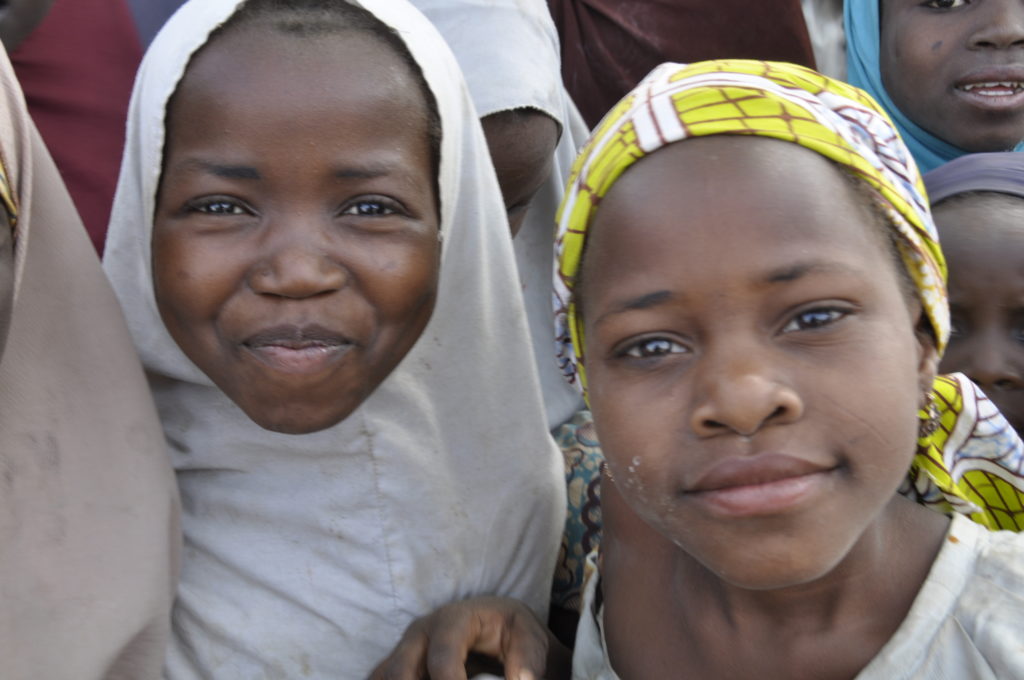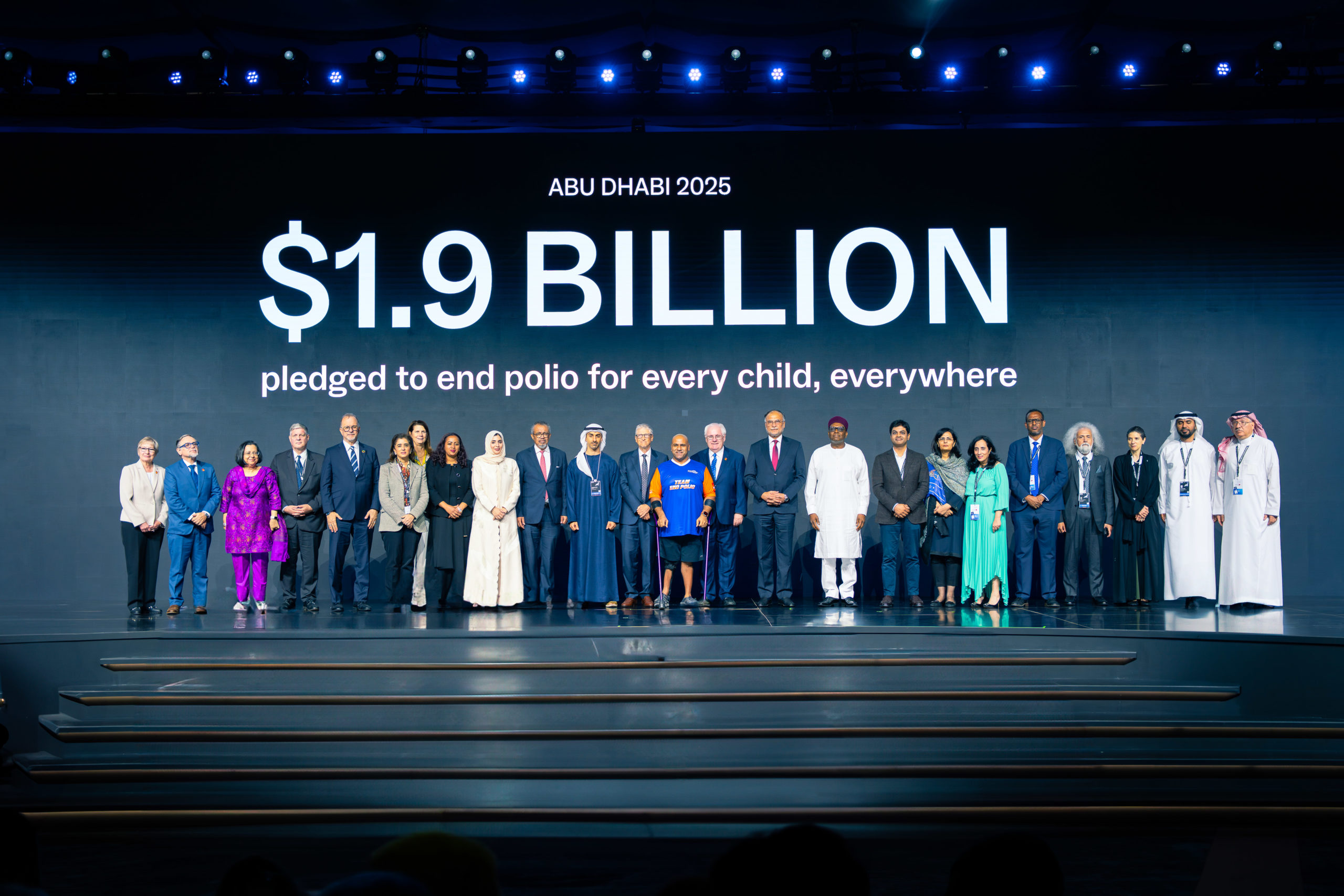
The United Kingdom is helping make history by eradicating a human disease for just the second time ever, after smallpox. On August 4, Secretary of State for International Development, Priti Patel announced £100 million in new funding to the Global Polio Eradication Initiative, which will help to give the world’s children protection against this crippling disease.
“Polio has no place in the 21st Century,” said Priti Patel. “This devastating and highly infectious disease causes painful paralysis and is incurable – trapping the world’s poorest people in a cycle of grinding poverty. The UK has been at the forefront of fighting global health threats, including polio, and our last push towards eradication by 2020 will save 45 million children from contracting this disease. The world is closer than it ever has been to eradicating polio for good, but as long as just one case exists in the world, children everywhere are still at risk. Now it is time for others to step up, follow Britain’s lead and make polio history.”
British aid has made up 10% of global contributions to the GPEI over the last 30 years. Thanks to UK aid, 1.6 million people are walking who could have been paralysed for life had they not been vaccinated against polio. While case numbers are at a historic low and wild poliovirus restricted to just three countries (Afghanistan, Nigeria and Pakistan), children continue to be paralysed. DFID and British taxpayers are helping to ensure that no child is ever again paralysed by polio, with 80 children a minute receiving the polio vaccine thanks to this new funding.
More than 50 000 Rotarians across the UK and even more across the globe have been instrumental in this effort. Rotary brought the partners of the Global Polio Eradication Initiative together to start this fight, and continues to drive the effort forward through advocacy and fundraising.
The few remaining places where polio is present are some of the most challenging environments in the world. The UK’s commitment to tackling extreme poverty, helping the most vulnerable and strengthening health care in fragile states is crucial to addressing the challenges standing in the way of a polio-free world.
At the Rotary Convention in Atlanta in June, public health leaders from both donor and endemic countries, as well as the private sector, pledged US$ 1.2 billion to polio eradication against the additional US$ 1.5 billion needed to achieve eradication. The UK’s contribution is crucial in filling the remaining gap.



